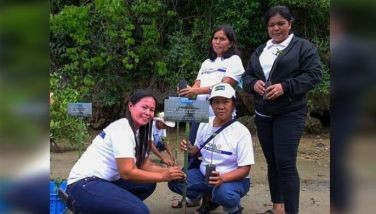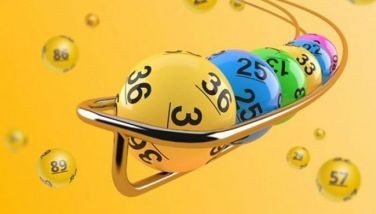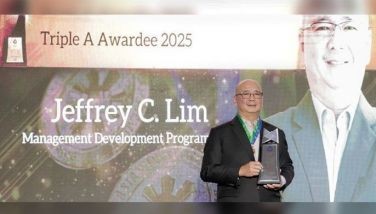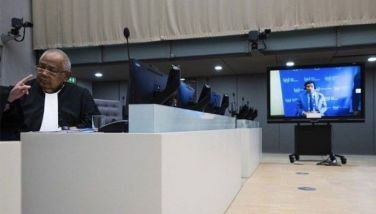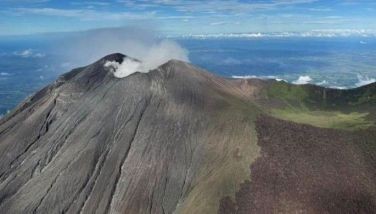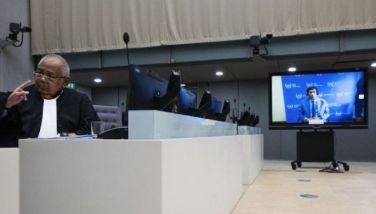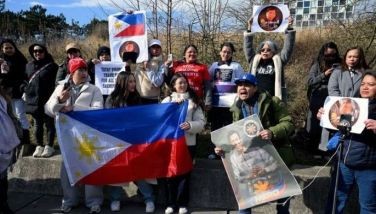Gen. Jose Ignacio Paua: A Chinese immigrant turned general in the Philippine Revolution
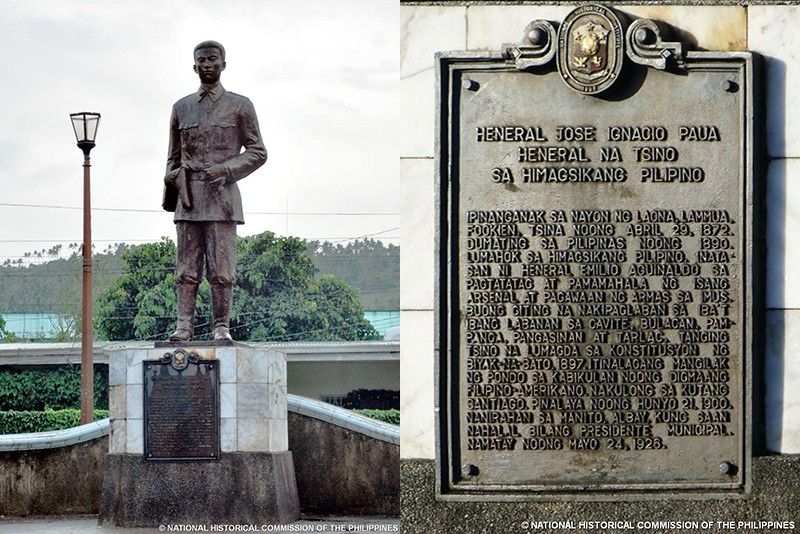
MANILA, Philippines — There are several notable yet not well-known heroes of the Philippine Revolution, who our modern generations of Filipinos should remember, honor and draw inspiration from.
The Federation of Filipino Chinese Chambers of Commerce and Industry Inc. (FFCCCII) led by its president, Dr. Cecilio Pedro, humbly pays tribute on April 29 to commemorate the 152nd birth anniversary of Gen. Jose Ignacio Paua, known by his Chinese name, Lao Hing-Puah.
General Paua is a hero in the annals of the Philippine Revolution, and Teodoro Agoncillo said he “is more Filipino than many Filipinos.”
Philippine revolutionary Mariano Ponce once stated how the Chinese revolutionary general was so brave in battles. He described that Paua was even braver than El Cid (1043-1099), the Spanish hero who fought during the Reqonquita of the Iberian Peninsula from Muslim rule.
Born on April 29, 1872, in the rustic landscapes of Nan-An county, pronounced “Lamoa” in Hokkien, in Quanzhou City, Fujian province, South China, Paua’s journey transcended continents and epochs.
At the tender age of 18, he embarked on a journey of destiny, leaving behind his homeland to forge a new path in Manila’s vibrant streets as a blacksmith. Yet, destiny had greater plans for him. Answering the clarion call for freedom, he joined the ranks of the nationalist Katipunan secret society, becoming a stalwart in the epic struggle against colonial oppression.
With unwavering resolve and exceptional talent, General Paua carved his name into the annals of valor, rising from the humble origins of a blacksmith in Binondo district, Manila, to the esteemed ranks of the military command in the First Philippine Republic.
His battlefield prowess, from leading troops in combat to expertly repairing war cannons or creating weapons, his pivotal role in fortifying the movement’s logistics and finances, became the stuff of legend, igniting the flames of revolutionary fervor that swept across the nation.
Today, as the sun rises to cast its warm light upon his memory, FFCCCII extends its heartfelt homage to General Jose Ignacio Paua, celebrating his indomitable courage, social idealism and unwavering patriotism.

Yet, amid our remembrance, let us not overlook the countless other heroes who contributed to our shared history—the members of the ethnic Chinese minority, whose steadfast dedication and financial support bolstered the Philippine Revolution, alongside the Chinese mestizo ilustrado leaders who ignited the flame of freedom.
Even China’s revolutionary leader, Dr. Sun Yat Sen, offered moral and logistical support, arranging arms shipments in solidarity with the Philippine cause.

As we commemorate the valor of our forebears, let us also celebrate the enduring fraternal bond between Filipinos and Chinese people throughout the ages. For within the crucible of solidarity lies the promise of a brighter, more progressive future, where the echoes of heroism resound across generations.
Together, let us keep the flame of remembrance burning brightly, illuminating the path toward a future of unity and prosperity for the Philippines.
The Pact of Biak-na-Bato signed on Dec. 15, 1897, created a truce between Spanish colonial Gov. Gen. Fernando Primo de Rivera and the revolutionary leader Emilio Aguinaldo to end the Philippine Revolution. Aguinaldo and his fellow revolutionaries were given amnesty and monetary indemnity by the Spanish Government, in return for which the revolutionary government would go into exile in Hong Kong. Aguinaldo had decided to use the money to purchase advance firearms and ammunition later on return to the archipelago to continue the anti-colonial struggle. General Paua was also part of this historic period.

Unknown to most people, aside from helping raise substantial financial donations and active support from ethnic Chinese entrepreneurs of different regions to support the Philippine Revolution, General Paua was also able to recruit 3,000 Chinese revolutionaries to join the struggle against the colonizers, according to historical accounts.
Editors Note: This is a supplement feature article for the FFCCCII, not by Philstar.com editorial.
- Latest











